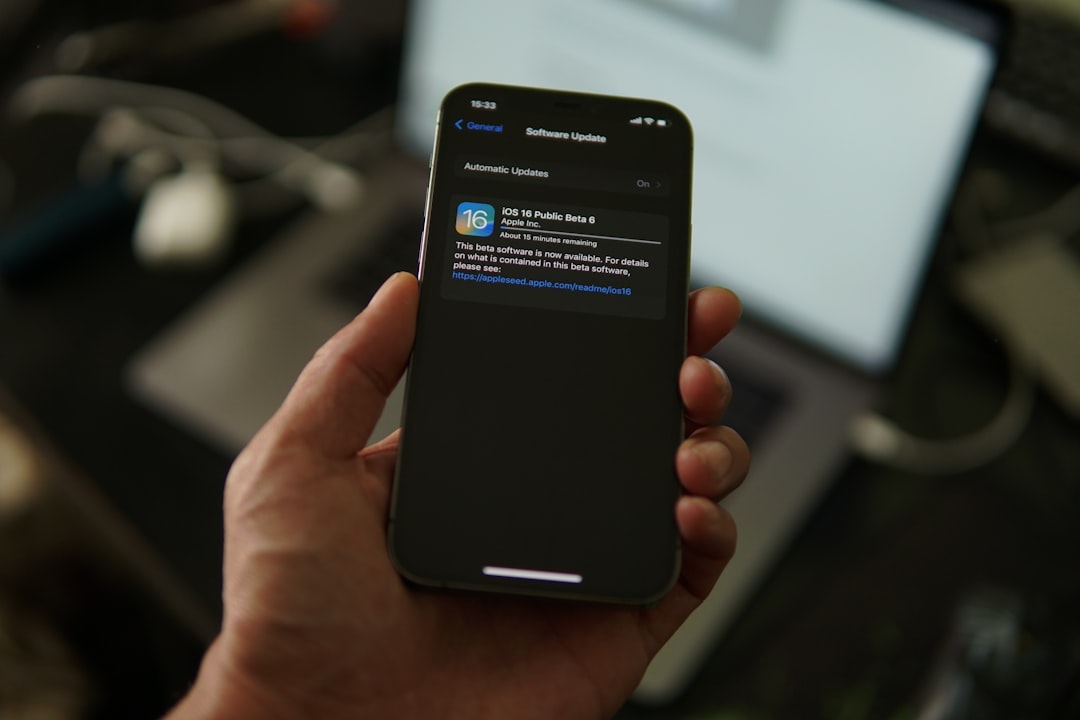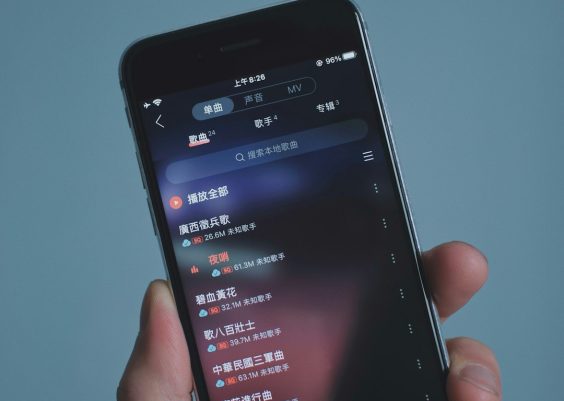When browsing the internet, privacy and security concerns are more relevant than ever. Many people use tools like VPNs and incognito mode to enhance their privacy. But does a VPN work in incognito mode? The answer is yes, but it is essential to understand how these two technologies function and what they actually protect.
Understanding Incognito Mode
Most modern web browsers offer an incognito mode (or private browsing mode), which allows users to browse without storing their history, cookies, or cached data. While this prevents your browsing activity from being saved locally on your device, it does not hide your IP address or encrypt your internet connection.
When using incognito mode, your internet service provider (ISP), employer, or network administrator can still see the websites you visit. Additionally, websites can still track your activity through your IP address unless you take further precautions.
How a VPN Works
A Virtual Private Network (VPN) encrypts your internet traffic and routes it through a secure server, masking your real IP address. This enhances your online privacy and security, making it much harder for third parties to track your activities.
Key benefits of a VPN include:
- Encrypting all internet traffic to prevent interception
- Hiding your real IP address and replacing it with the VPN server’s IP
- Allowing access to geo-blocked content
- Enhancing security on public Wi-Fi networks
Does a VPN Work in Incognito Mode?
Yes, a VPN works independently of your browser’s incognito mode. This means that when you activate a VPN, it remains functional whether you are browsing regularly or using private browsing mode.
What Happens When You Use Both?
Using a VPN and incognito mode together provides a higher level of privacy:
- A VPN hides your browsing activity from your ISP, network administrators, and websites by encrypting your internet connection.
- Incognito mode prevents your browser from storing history, cookies, and search records, keeping your local browsing data clean.
This combination ensures that neither your device nor external parties have easy access to your browsing behavior. However, it is important to remember that while this enhances privacy, it does not make you completely anonymous online.

Limitations of Using a VPN with Incognito Mode
Although a VPN significantly improves privacy, there are still certain limitations to be aware of:
- Websites can still track you: Even with a VPN and incognito mode, websites may track you through your login credentials, browser fingerprinting, or cookies created during the session.
- VPN logs: Not all VPN providers offer a strict no-logs policy. Some may keep records of your activity, which could be a concern depending on their policies.
- Account-based tracking: If you log into a social media or Google account, they can still monitor your actions within that platform.
When Should You Use a VPN with Incognito Mode?
There are several cases where combining a VPN with incognito mode is useful:
- Protecting personal searches: If you are researching sensitive topics, using both a VPN and incognito mode minimizes tracking risks.
- Bypassing restrictions: If you want to access geo-blocked content without exposing your local browsing data, this combination can help.
- Preventing automatic logins: Incognito mode logs you out of all accounts each time you start a new session, reducing tracking by companies like Google and Facebook.
- Using public Wi-Fi securely: A VPN encrypts your traffic while incognito mode ensures no cookies or history remain on the device.

Final Thoughts
A VPN and incognito mode serve different purposes, but when combined, they provide a better level of online privacy. A VPN ensures that your internet traffic remains encrypted and hidden from prying eyes, while incognito mode prevents your browsing data from being stored on your device.
However, neither tool makes you entirely anonymous. If true anonymity is your goal, consider using privacy-focused browsers, disabling JavaScript, or even using advanced privacy tools like Tor.
Ultimately, using a VPN with incognito mode is a smart choice for anyone looking to maintain better digital security and privacy.




